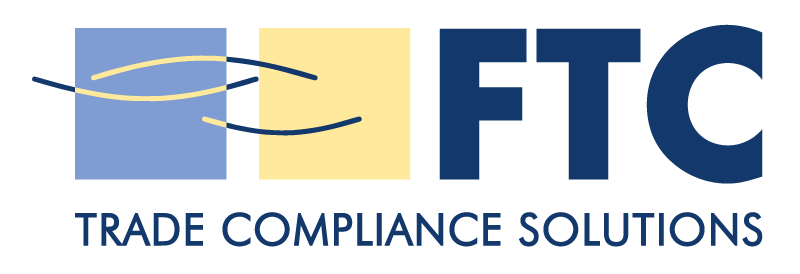Corporate
Compliance
“Compliance” – conformity to rules in everyday business?
In simple terms, (corporate) compliance means observing laws, guidelines and voluntary “codes of conduct”.
Modern (corporate) compliance is much more than “just” complying with laws. It is a statement and commitment at top management level.
A comprehensive compliance culture is a key prerequisite for sustainable success and enables a considerable competitive advantage.
Increasing transparency in corporate processes enables effective process improvement, which has a direct impact on the effectiveness and efficiency of control mechanisms.
As a component of risk management, the overriding purpose of compliance is to protect the company, management and employees from legal and regulatory violations and their consequences.
In this context, compliance is not limited to mere adherence to specifications, but also includes organizational and technical measures.
Compliance management and risk management
Compliance management and risk management (RM) belong together.
The processes and structures of both systems overlap/complement each other.
The starting point of risk management is primarily to identify compliance risks of your company and to analyze and evaluate them.
Compliance management deals with the prevention of rule violations in advance and combines the perspective of risk management into an inseparable WHOLE.
Coordinated compliance and risk management systems avoid redundancies and promote a unified understanding of the company’s overall risk.
.
FTC works with a risk-based approach, typical compliance risk areas are:
Anti-Corruption, Fraud Prevention, Anti-Money Laundering, Antitrust, Customs/Foreign Trade, Data Protection, Tax, Accounting, Contracting, Environmental or Occupational Health and Safety, IT Organization, Human Resources.
Our experts will support you in planning, creating and setting up a CMS that is appropriate for your organization.
Contact us!
The FTC Compliance method
Our modular support for compliance is based on methods that have proven themselves in practice.
We follow international standards such as IDW-PS-980, ISO 19600 or ISO 37001.
We offer modules that build on each other.
From high-level quick tests (quick fixes) to complete solutions and interim management.
1.
Risk and status analysis
2.
Creation of the compliance program
3.
Implementation in the company
4.
Compliance sustainability processes
5.
Processes to improve compliance

